- Teacher: Colin Patrick
Lewis & Clark Moodle
Search results: 2574

planets, and other objects in the solar system; of
stars, star systems, galaxies, and the universe as
a whole. Focus on conceptual understanding rather
than on a catalog of objects. Basic laws of
physics, including Newton's laws of motion and
gravitation, laws governing energy and its
transformations, theories of matter and radiation.
How the distance, size, mass, brightness, and
composition of remote objects are determined.
General theory of stellar evolution including
nuclear synthesis, origins of life on earth, and
origin and fate of the solar system. Occasional
evening observations at the Karle Observatory atop
the Olin Center for Physics and Chemistry.
- Teacher: Matthew Powell

planets, and other objects in the solar system; of
stars, star systems, galaxies, and the universe as
a whole. Focus on conceptual understanding rather
than on a catalog of objects. Basic laws of
physics, including Newton's laws of motion and
gravitation, laws governing energy and its
transformations, theories of matter and radiation.
How the distance, size, mass, brightness, and
composition of remote objects are determined.
General theory of stellar evolution including
nuclear synthesis, origins of life on earth, and
origin and fate of the solar system. Occasional
evening observations at the Karle Observatory atop
the Olin Center for Physics and Chemistry.
- Teacher: Matthew Powell

- Teacher: Matthew Powell
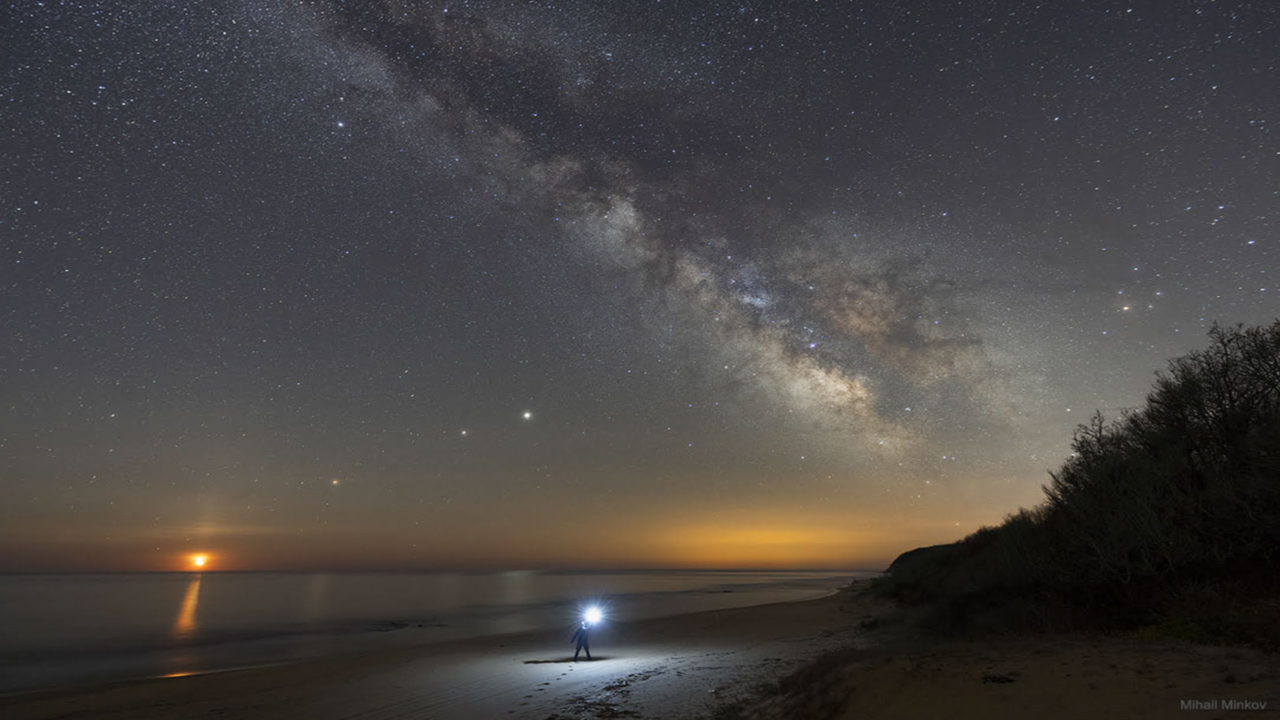
- Teacher: Matthew Powell

planets, and other objects in the solar system; of
stars, star systems, galaxies, and the universe as
a whole. Focus on conceptual understanding rather
than on a catalog of objects. Basic laws of
physics, including Newton's laws of motion and
gravitation, laws governing energy and its
transformations, theories of matter and radiation.
How the distance, size, mass, brightness, and
composition of remote objects are determined.
General theory of stellar evolution including
nuclear synthesis, origins of life on earth, and
origin and fate of the solar system. Occasional
evening observations at the Karle Observatory atop
the Olin Center for Physics and Chemistry.
- Teacher: Matthew Powell
- Teacher: Stephen Tufte
and understand the physical universe. Conservation
of energy, second law of thermodynamics, entropy,
theory of relativity, wave-particle duality of
matter.
- Teacher: Bethe Scalettar
- Teacher: Bethe Scalettar
- Teacher: Bethe Scalettar
- Teacher: Bethe Scalettar
- Teacher: Bethe Scalettar
- Teacher: Bethe Scalettar

physics course aimed at life science and chemistry
majors. Kinematics, vectors, force, statics, work,
energy, linear and angular momentum, oscillations,
fluids. Students may not earn credit for both PHYS
141 and PHYS 151. Lecture, lab.
- Teacher: Matthew Powell
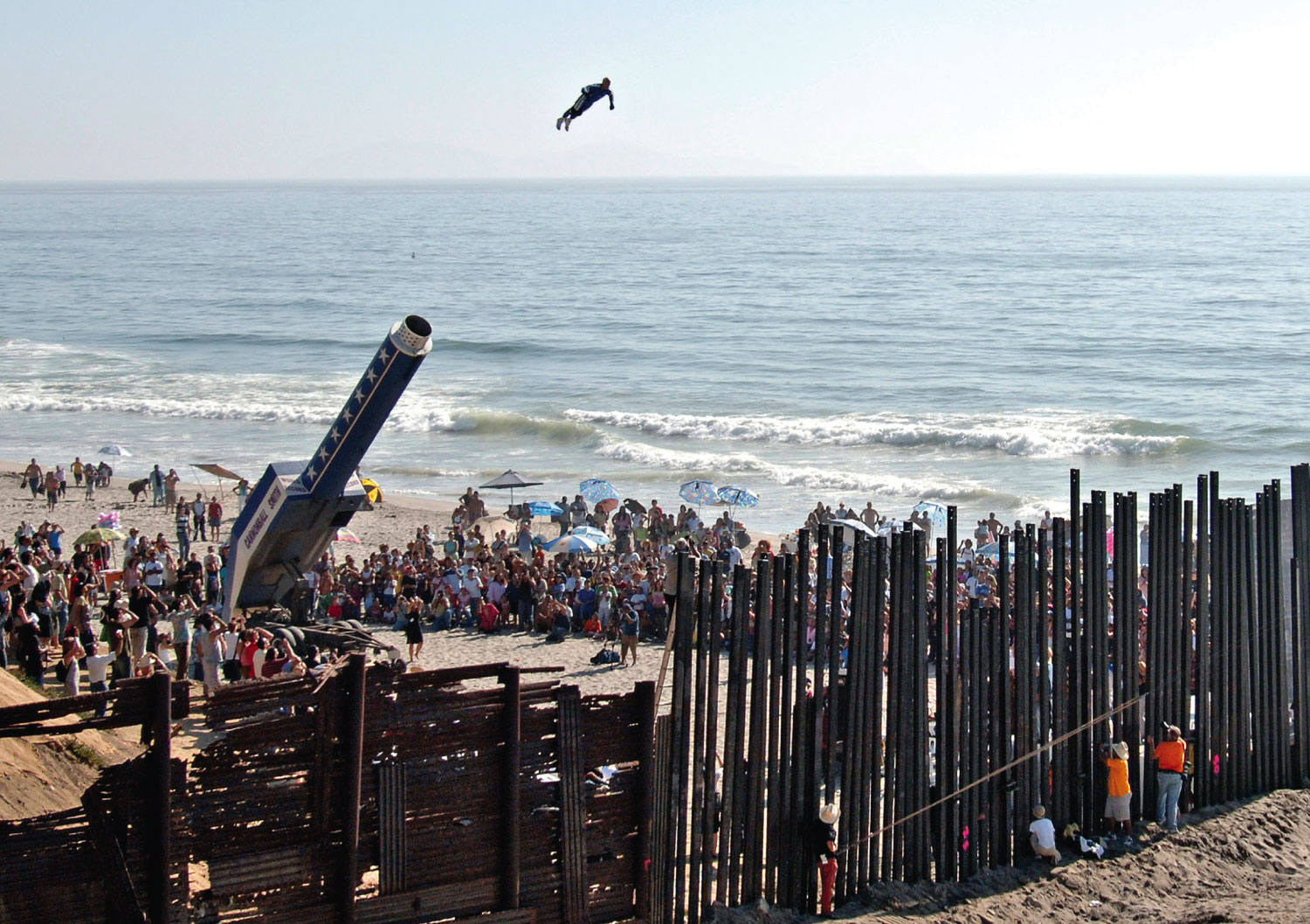
- Teacher: Emma Hataway
- Teacher: Matthew Powell

- Teacher: Matthew Powell
- Teacher: Matthew Powell

- Teacher: Ben Olsen
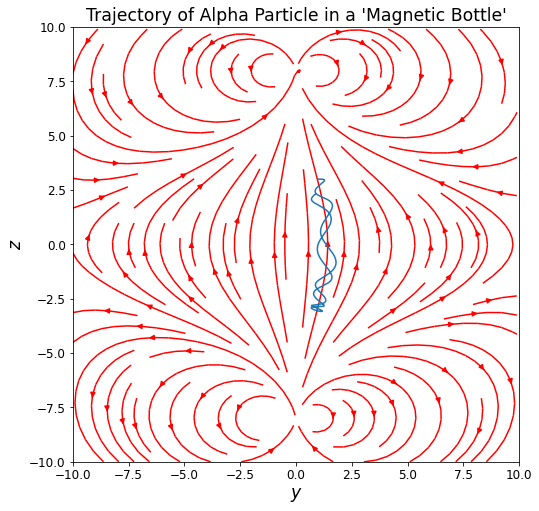
- Teacher: Kaia O'Neill
- Teacher: Matthew Powell
physical systems of classical mechanics and the
physical interpretation of mathematical solutions.
Linear oscillating systems, the two-body problem,
rotating and accelerated reference frames,
rotation of extended bodies, theory of scattering.
Newtonian methods, methods of Lagrange and
Hamilton, phase space analysis.
- Teacher: Bethe Scalettar
- Teacher: Bethe Scalettar
- Teacher: Bethe Scalettar
- Teacher: Bethe Scalettar
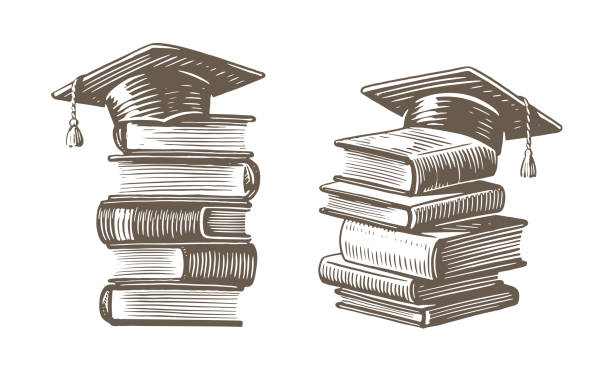
- Teacher: Jeffrey Christensen
- Teacher: Alexia Deleon
- Teacher: Cort Dorn-Medeiros
- Teacher: Carol Doyle
- Teacher: Nori Gruber
- Teacher: Justin Henderson
- Teacher: Stella Kerl-Mcclain
- Teacher: Rafe McCullough
- Teacher: Counseling Psychology
- Teacher: Amy Rees
- Teacher: Jude Singer
Use this page to upload supervisor evaluation and exit documents only.
Use Saleforce to record your hours.
- Teacher: Jeffrey Christensen
- Teacher: Alexia Deleon
- Teacher: Cort Dorn-Medeiros
- Teacher: Stella Kerl-Mcclain
- Teacher: Counseling Psychology
- Teacher: Amy Rees
Use this page to upload supervisor evaluation and exit documents only.
Use Saleforce to record your hours.
- Teacher: Jeffrey Christensen
- Teacher: Counseling Psychology
- Teacher: Amy Rees
Use this page to upload supervisor evaluation and exit documents only.
Use Saleforce to record your hours.
- Teacher: Cort Dorn-Medeiros
- Teacher: Counseling Psychology
- Teacher: Amy Rees
Use this page to upload supervisor evaluation and exit documents only.
Use Saleforce to record your hours.
- Teacher: Stella Kerl-Mcclain
- Teacher: Counseling Psychology
- Teacher: Amy Rees
Use this page to upload supervisor evaluation and exit documents only.
Use Saleforce to record your hours.
- Teacher: Counseling Psychology
- Teacher: Amy Rees
Use this page to upload supervisor evaluation and exit documents only.
Use Saleforce to record your hours.
- Teacher: Jeffrey Christensen
- Teacher: Counseling Psychology
- Teacher: Amy Rees
Use this page to upload supervisor evaluation and exit documents only.
Use Saleforce to record your hours.
- Teacher: Alexia Deleon
- Teacher: Counseling Psychology
- Teacher: Amy Rees
Use this page to upload supervisor evaluation and exit documents only.
Use Saleforce to record your hours.
- Teacher: Counseling Psychology
- Teacher: Amy Rees
- Teacher: Stephanie Solano
- Teacher: Alexia Deleon
- Teacher: Cort Dorn-Medeiros
- Teacher: Bernette Jenkins-Pleas
- Teacher: Stella Kerl-Mcclain
- Teacher: Counseling Psychology
- Teacher: Amy Rees
comparative politics. Fundamental differences in
the organization of states, democratic political
institutions (presidentialism versus
parliamentarianism, for example), and domestic
social forces (for example, social capital, ethnic
versus nonethnic identities). The impact of
political organization on economic performance and
social peace.
- Teacher: Ben Gaskins
- Teacher: Ben Gaskins
- Teacher: Ben Gaskins
comparative politics. Fundamental differences in
the organization of states, democratic political
institutions (presidentialism versus
parliamentarianism, for example), and domestic
social forces (for example, social capital, ethnic
versus nonethnic identities). The impact of
political organization on economic performance and
social peace.
- Teacher: Ben Gaskins
- Teacher: Ben Gaskins
- Teacher: Ben Gaskins

within and among the executive, legislative, and
judicial branches; the federal division of
institutionalized powers; public opinion, interest
groups, and political parties; the policy process
in areas such as defense, welfare, civil rights
and liberties, and international affairs.
- Teacher: Todd Lochner
within and among the executive, legislative, and
judicial branches; the federal division of
institutionalized powers; public opinion, interest
groups, and political parties; the policy process
in areas such as defense, welfare, civil rights
and liberties, and international affairs.
- Teacher: Ben Gaskins
- Teacher: Ben Gaskins
- Teacher: Ben Gaskins

- Teacher: Todd Lochner
- Teacher: Ben Gaskins
- Teacher: Ben Gaskins
- Teacher: Ben Gaskins
- Teacher: Ben Gaskins

- Teacher: Todd Lochner
- Teacher: Ben Gaskins
- Teacher: Ben Gaskins
- Teacher: Ben Gaskins
political process; the problem of identifying the
public and the extent to which this public
exercises political authority; techniques of
researching public opinion. Political
socialization, formation of attitudes, group
differences, mass opinion, elite opinion, direct
action. Research design, data collection, scaling,
analysis, and interpretation of data in the
context of research on polling.
- Teacher: Ben Gaskins
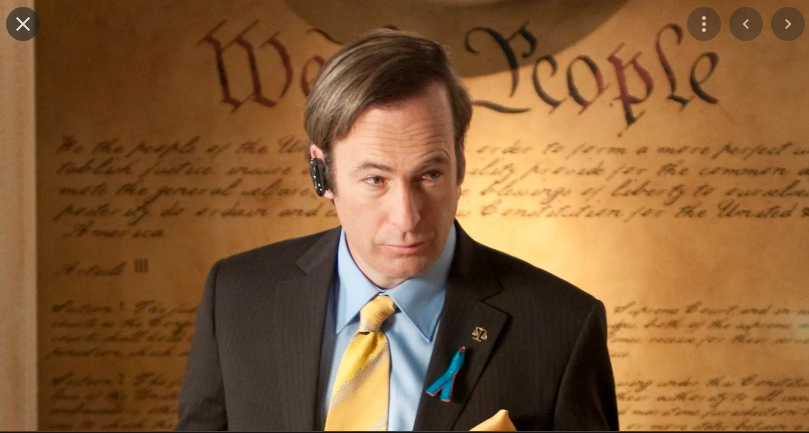
- Teacher: Todd Lochner

- Teacher: Todd Lochner

American political system. Examination of
institutional actors such as lawyers, judges, and
juries, as well as an examination of discrete case
studies such as "mass torts" and the criminal
justice system. What features define the American
legal system; how does this system compare to
those of other countries; what are its respective
advantages and disadvantages?
- Teacher: Todd Lochner

1787 to the present. The court's landmark
constitutional decisions, as well as the theory
and techniques of constitutional interpretation.
The court's authority within the wider political
and social context of American government, with
emphasis on the court's jurisprudence in the areas
of equal protection (including segregation and
desegregation, affirmative action, gender
discrimination, and sexual orientation
discrimination) and due process (including privacy
and abortion rights). Discussions of actual
Supreme Court rulings, majority opinions, and
dissenting arguments, as well as the political and
historical context of those decisions in an effort
to understand how and why the Supreme Court has
played such an influential role in American
politics and political thought.
- Teacher: Todd Lochner
- Teacher: Todd Lochner

- Teacher: Todd Lochner

- Teacher: Todd Lochner
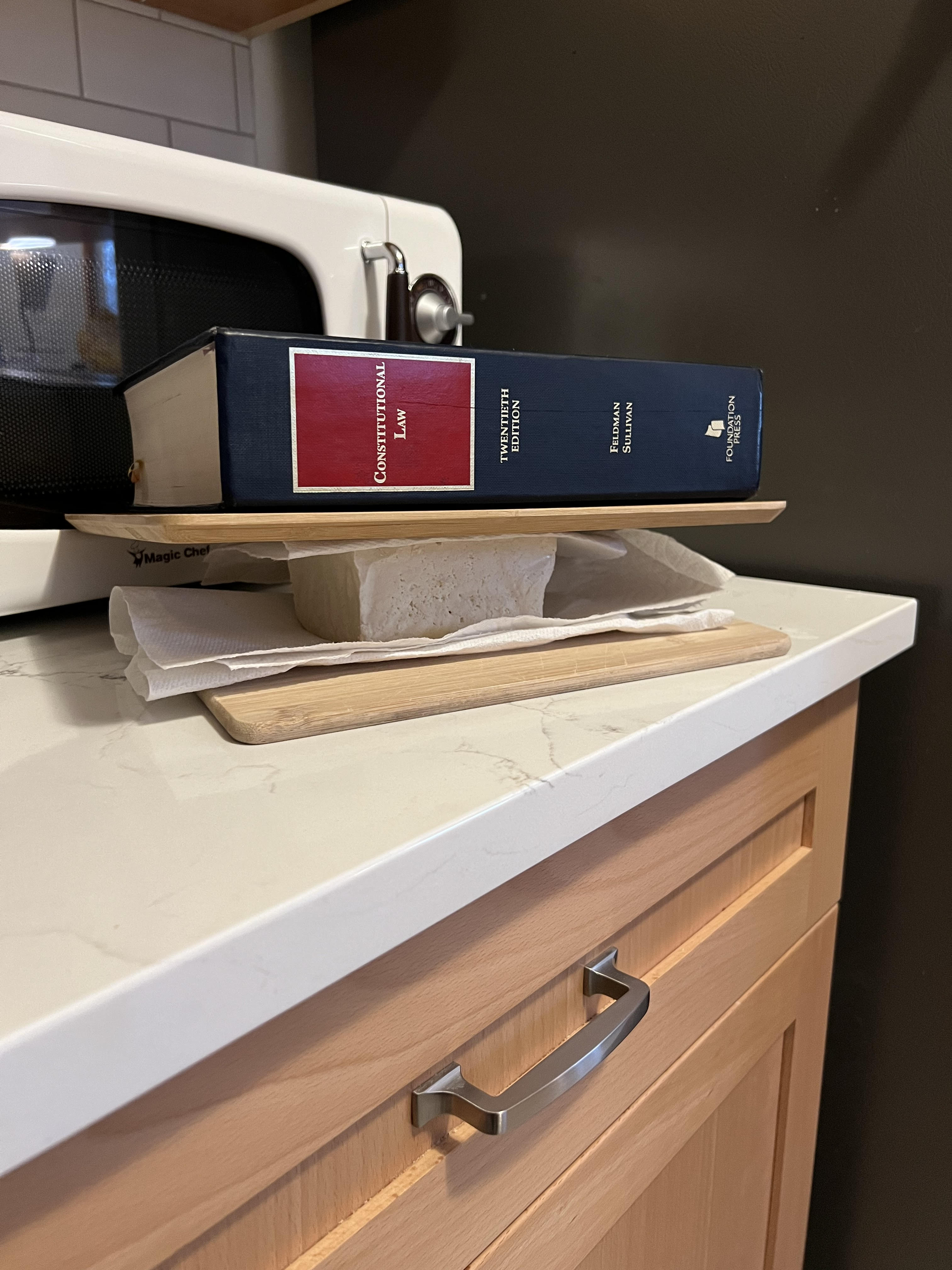
- Teacher: Todd Lochner

- Teacher: Todd Lochner
- Teacher: Ben Gaskins
- Teacher: Ben Gaskins
- Teacher: Ben Gaskins
- Teacher: Todd Lochner
- Teacher: Todd Lochner
- Teacher: Todd Lochner

- Teacher: Todd Lochner
- Teacher: John Holzwarth
various concepts of executive power throughout the
19th and 20th centuries. The dynamics of the
presidency and the extent to which one person can
be held responsible for expanded responsibilities.
The organizational models and practices of
20th-century presidents. Other branches of
government examined to illuminate the functioning
and malfunctioning of the executive branch.
- Teacher: Ben Gaskins
- Teacher: Ben Gaskins
- Teacher: Ben Gaskins
- Teacher: Ben Gaskins
- Teacher: Ben Gaskins
- Teacher: Ben Gaskins
system. The equal protection concept of voting
rights, particularly the "one person, one vote"
rule and the Voting Rights Act, and federal
campaign-finance regulation. Additional topics
include the constitutional rights of political
parties and the law relating to ballot
propositions. Discussion of descriptive and
normative issues. This course is taught at the law
school.
- Teacher: Todd Lochner
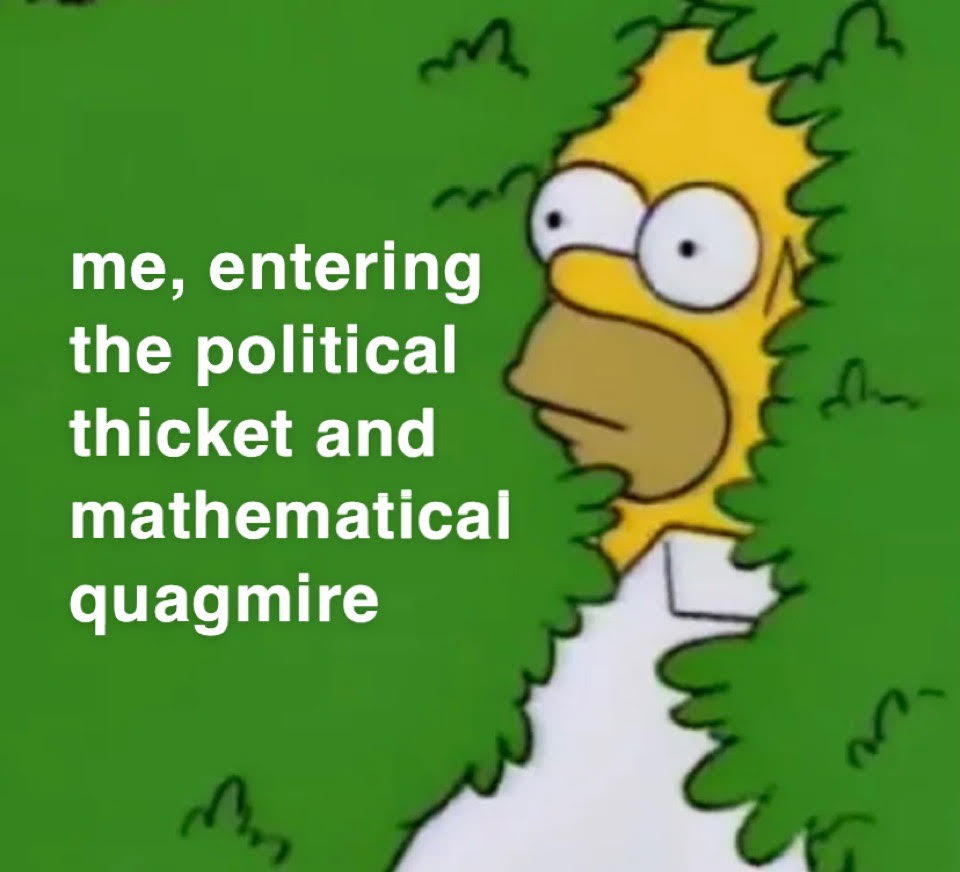
- Teacher: Todd Lochner
in comparative politics. Specific content varies;
examples of topics include state failure and civil
war, electoral competition and legislative
behavior, migration and integration, institutional
design, and ethnicity and nationalism. Assignments
are organized around a substantial seminar paper
(25 pages or longer).
- Teacher: Ben Gaskins
- Teacher: Ben Gaskins
This is a site for training materials and information for those working at Lewis & Clark Problem Gambling Services.
- Teacher: Alexia Deleon
- Teacher: Frankie Diferdinando
change, physiological processes that mediate
psychological functioning, processes of human
perception and cognition, approaches to
understanding functional and dysfunctional
personality characteristics of individuals,
counseling and psychotherapy techniques,
application of psychological principles to social
phenomena.
- Teacher: Huda Basharow
- Teacher: Kayla Puente
- Teacher: Jolina Ruckert
change, physiological processes that mediate
psychological functioning, processes of human
perception and cognition, approaches to
understanding functional and dysfunctional
personality characteristics of individuals,
counseling and psychotherapy techniques,
application of psychological principles to social
phenomena.
- Teacher: Huda Basharow
- Teacher: Kayla Puente
Principles underlying behavioral development and
change, physiological processes that mediate
psychological functioning, processes of human
perception and cognition, approaches to
understanding functional and dysfunctional
personality characteristics of individuals,
counseling and psychotherapy techniques,
application of psychological principles to social
phenomena.
- Teacher: Huda Basharow
- Teacher: Kayla Puente
Principles underlying behavioral development and, change, physiological processes that mediate, psychological functioning, processes of human, perception and cognition, approaches to, understanding functional and dysfunctional, personality characteristics of individuals,, counseling and psychotherapy techniques,, application of psychological principles to social, phenomena.
- Teacher: Sarina Saturn
- Teacher: Rachel Takamiya
Principles underlying behavioral development and, change, physiological processes that mediate, psychological functioning, processes of human, perception and cognition, approaches to, understanding functional and dysfunctional, personality characteristics of individuals,, counseling and psychotherapy techniques,, application of psychological principles to social, phenomena.
- Teacher: Kayla Puente
- Teacher: Elena Perrine
- Teacher: Jolina Ruckert
- Teacher: Kayla Puente

- Teacher: Ty Cudd
- Teacher: Ela Gore
- Teacher: Jolina Ruckert
behavior through the lens of film. How cultural
forces and transitions shape worldview, individual
identity and personality, child development,
family structure and dynamics, personal
relationships, social perception, other aspects of
behavior relevant to psychology. Variety of
cultures and cultural influences, theories and
methods in cultural psychology, ways in which
culture shapes film and film reflects and shapes
culture. Does not apply to major requirements.
- Teacher: Yueping Zhang
- Teacher: Todd Watson
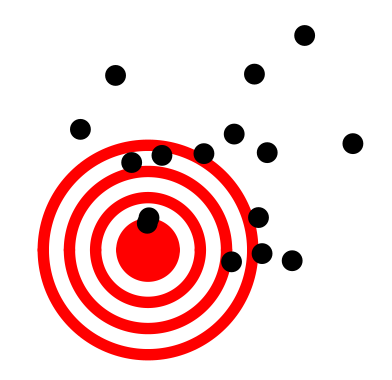
- Teacher: Jesse Niebaum
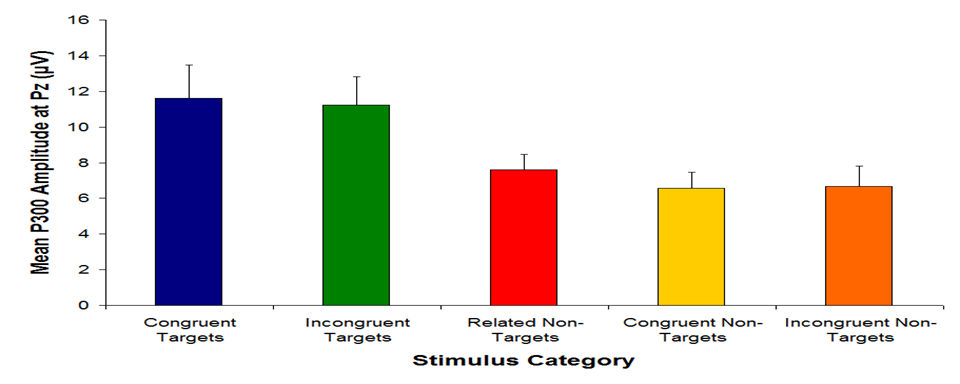
Important Note: You can’t earn credit for BOTH Psy 200 and AP/IB statistics.
- Teacher: Todd Watson
experiments. Use of distributions, measures of
central tendency, variability, correlation,
t-tests, simple analysis of variance and
nonparametric techniques. Computer applications
using SPSS statistical analysis programs and other
software.
- Teacher: Lauren Thompson
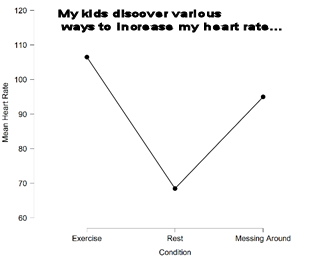
- Teacher: Todd Watson
- Teacher: Todd Watson
- Teacher: Todd Watson

Credit may not be earned for both, this course and AP statistics.
- Teacher: Todd Watson

You can't earn credit for both Psy 200 and AP/IB Statistics
- Teacher: Todd Watson